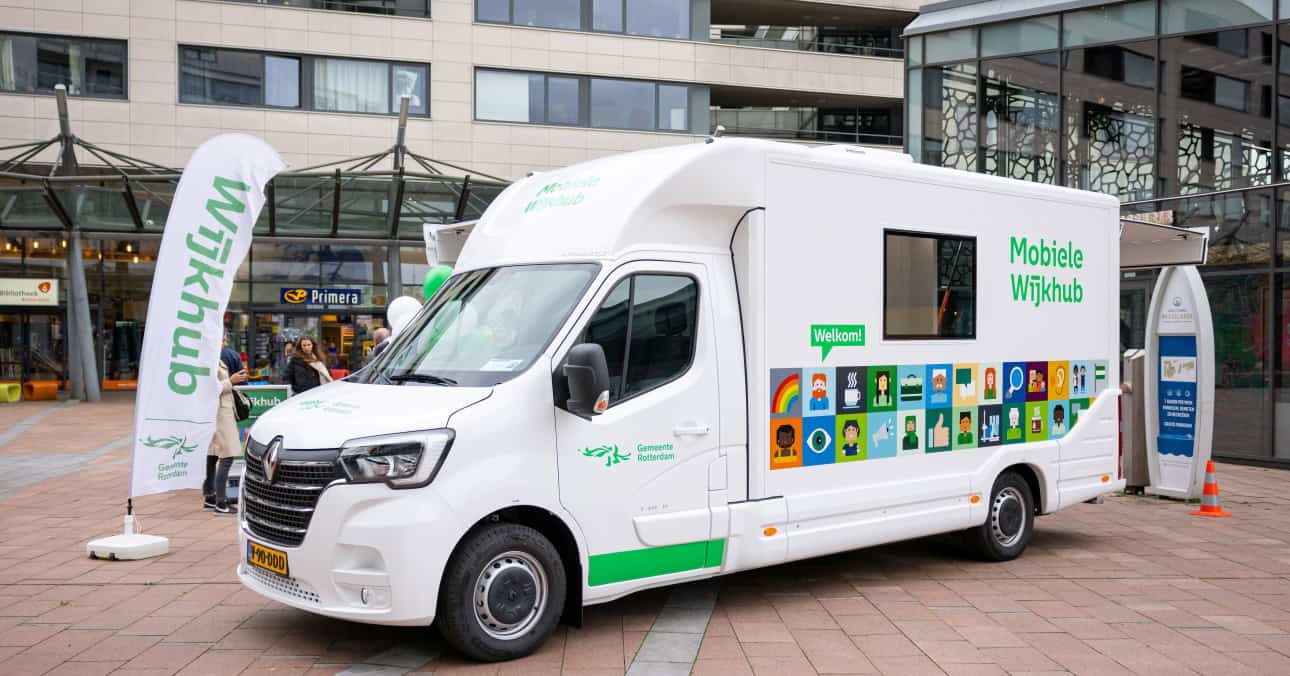ROTTERDAM, 4 July 2025 – To maintain safety and liveability in a rapidly growing and changing city, Rotterdam has published a new enforcement priorities agenda, clarifying where its enforcement officers will be most visibly active and why.
Rotterdam sets new enforcement priorities for 2025–2026
Rotterdam has unveiled its Enforcement Priorities Agenda 2025–2026 ("Prioriteitenagenda Handhaving 2025–2026") as a strategic response to the increasing demands placed on its enforcement officers. With an expanding population, more visitors and complex public space challenges such as nitrous oxide use and sexual harassment, the municipality argues that sharper choices must be made.
According to Alderman Pascal Lansink-Bastemeijer, responsible for enforcement, public space and mobility, the city's enforcement capacity—approximately 454 full-time positions—is no longer sufficient to address every issue equally. “Our officers do important work, but they cannot be everywhere at once. We must prioritise doing a few things well over doing everything superficially,” he said.
Prioritisation driven by capacity constraints
The document outlines that 80% of enforcement capacity will be reserved for planned tasks, including traffic offences, littering, homelessness and nuisance behaviour, while 20% will be retained for unforeseen incidents and emergency responses. The aim is to ensure effective deployment in areas where enforcement presence has the most impact.
Not all duties will receive equal attention. The city acknowledges that its enforcement officers have increasingly become a ‘jack-of-all-trades’—a situation deemed unsustainable.
Area-specific focus and data-driven decisions
The enforcement strategy is tailored to neighbourhood needs. In the city centre, focus areas include tackling issues related to homelessness, aggressive begging, and the misuse of taxis. In North Rotterdam, student-related disturbances and unsafe parking near transport hubs are being addressed. In South Rotterdam, emphasis is placed on managing warm-weather crowding in parks and beaches, and supporting designated ‘focus neighbourhoods’ such as Hillesluis and Carnisse.
Additionally, a cluster for city-wide enforcement, known as Stedelijke Inzet, will provide specialist support for recurring challenges such as unauthorised street trading and event safety.
A new way of working
To enable this approach, the city will adapt its internal systems, enhance data collection and invest in smarter scheduling. There will be clearer expectations on what enforcement officers can and cannot do, and fixed-term goals will be monitored for adjustment.
Ultimately, the city hopes this strategic framework will allow enforcement to remain visible, responsive and targeted, despite growing demand and limited resources.








.jpeg)






